What does psychology say about the right time to have a baby?
Some research says that a person’s brain is not fully developed until the age of 25. Fully developed meaning that human beings supposedly are not able to rationalise and think strategically, making sense of our emotions and make the wisest decisions until we’re 25. If that’s true, then before age 25 we can’t be expected to care for ourselves or anyone else in the best way possible. Should we conclude then that 25 is the ideal age to have a child? Is 25 the best age to get pregnant? Perhaps psychologically. How about physiologically? Can you conclude that you’re at the best age to have a baby biologically? Is there a right time to have a baby?
Certain researchers propose that the concept of “baby fever” is the body’s way of letting the brain know it’s time to have a baby. This would seem like a more reliable way to assess “the right time” as it involves both the mind and the body. However, I find that a bit scary because I’m sure I can recall having baby fever when I was about 20 and having the cutest little cousins and nephews and nieces being born around me.
I didn’t have the best idea how to be an adult at 20 so I certainly couldn’t have had a baby then. I may have been daydreaming about when I could have babies in the future but no part of my mind was ready for that. “Am I ready to have a baby?” is not a question I was asking myself. That’s not to say that I wouldn’t have made a fine mother at 20 but it was not a consideration. Maybe my body was ready though…

…the concept of “baby fever” is simply the body’s way of letting the brain know that it is time to have a baby.
At what age are women most fertile according to science?
Your 20s is when you have the best quality of eggs. You’re therefore most fertile in your 20s and your baby’s likelihood of having any abnormalities are also lower. Your own risk of miscarriage is also lower.
What was I doing in my early 20s? Finishing up one degree and preparing to go on to another one. During my supposed prime (egg) years, I was thinking of everything from travel to career success. Never about what was going on in my womb. Really, career success was topmost in my mind. The way I was raised, I knew that my focus was supposed to be my books and I was supposed to go on to at least begin to build a career before I thought about having my own family. It doesn’t happen like that for all women though. The right time to have a baby is not always set out to be so clear and defined for everyone.
Some women choose to start having babies in their early twenties and focus on their careers later. For others, the path of early parenthood chooses them somehow. With either path, is it possible that this is the ideal age range for motherhood? The Early Twenties? Not all women are happy to spend their most fertile years having babies and raising families. What reasons do women have for starting to have children later?
The biggest reasons why women choose to have children later than their 20s
1. Finances
The choice to focus on careers before considering family is sometimes out of our hands. Where finances are limited, for example, the situation can be dire enough that even a young woman with a husband or long term partner will have to make the choice to wait until she and her partner can afford to give a child some semblance of a good life. Having children doesn’t cost the earth, but it isn’t cheap.
In the majority of countries, the expenses start with childbirth itself and in most of the rest of the world, the expenses continue to pile up with childcare costs, tuition, food and healthcare. Women in their most fertile years may be happy to take advantage of that super fertile period but they may be financially unable to do so. Money is one of the biggest deciding factors for most things in this world, not least, having children. For some women, the right time for a baby is when they can afford one.
2. Career-building
This is different from the previous point. A woman in her thirties may decide to put off having children even if she can afford to have them if it means that she can advance further in her career. It’s difficult to climb the corporate ladder if you have to take the time off give birth and then care for your baby. Yes, even taking a month off after giving birth could cost you a promotion at work.
3. Travel
Being able to travel and see the world is a privilege that not many people get to have. It’s a great way to develop yourself, expand your horizons, network, gain new skills, and more. For some people, it’s not until a bit later in life that the opportunity to do a lot of travelling arises. Knowing that any amount of travelling is difficult to do with a child in tow is a reason why some women would rather take some time out to get this done before considering starting a family.
Those are three of the biggest reasons I’ve seen online for women choosing to postpone starting a family. The impression I got from my research was that women had an ideal age in mind but were happy to go a couple of years above it if necessary and felt lucky if it happened a couple of years earlier. I was still interested to find out what people thought the perfect age range was at least.
So I posed the question in the simplest form and with no explanation to two groups of moms of varying ages:
What do you think is the ideal age to have a baby?
These ladies started having children at many different ages and their votes don’t always correspond to their own experiences. They’re voting on what age range they think would be the right time to have a baby. I also gave them the opportunity to explain/comment on their views.


As you can see from both poll results above, the majority of moms believed the ideal age range to be 26-30 years old. 57.8% of the total 270 respondents from both polls to be exact.
No one voted for the age range of 18-20 years old in either poll.
Based on the commentary on the polls and all my reading, here are some pros of starting to have children before and after age 30.

5 pros of starting your family later (30+)
Financial stability
You’ve had time to build up your savings and have maybe had the opportunity to acquire a home when you can permanently settle to raise a family.
Time to enjoy your relationship before baby
Waiting a few years before having a baby together gives you a chance to get to know each other better as a couple. You get to figure out how well you work together as a unit and make memories, enjoy different experiences as a couple before you expand your family.
Time for self-development
This is where experiences like world travel come in. Travel is a great way to take the time out to develop yourself. It also happens to be much easier AND cheaper to do with children!
A Danish study (referenced in the section below) indirectly refers to self-development because older parents have time to develop the mental maturity required to raise children.
Some women may also like to take the time out to create and grow their own businesses or embark on entrepreneurship. While this may lead to a late start on the path to motherhood, it is one of the ways in which people choose to develop themselves pre-baby.
More successful children
A Danish study found that mothers who have children later in life raise not only happier but also more successful children. This is mostly attributed to the parents’ calmer disposition. This in turn leads to the children having fewer social and emotional issues.
Time to complete education
Giving yourself time to complete your education to the point to which you desire is something that women who start having children early on do not generally have the chance to do. It’s not impossible to complete any sort of university degree while pregnant or with a child but it’s certainly not the easier route.
5 pros of starting your family earlier (<30)
Life experience gained early
There’s a different kind of self-development that’s gained as a parent. It’s different from what you’d gain as someone who’s travelled to every corner of the globe. Becoming a mother early on in life means that you acquire that kind of life experience sooner that your friends who choose to have their children a bit later.
Time to enjoy your marriage/relationship later in life
You can look forward to enjoying your empty nest with your partner later, when your child(ren) has moved out of the home. This is around the time when couples tend to truly find their groove as a unit anyway. They’ve had almost two decades or more to understand each other’s ways and know how to work together. One of the respondents to my polls had her first at 20. Twenty-two years later, she’s enjoying all the free time that herself and husband have together.
Opportunity to have a large family if desired
Starting early on gives you the chance to have a lot more children if you want to. You’ve got more child-bearing years ahead of you.
Better able to relate to your children
You can remember better what it feels like to be their age as it was not quite that long ago. You’re more in touch with their generation and the things that are important to them. This is perhaps most useful in their teenage years.
Physical fitness is less of a concern
As a few respondents pointed out, pregnancy can be harder on your body the older you are. Can function better on little to no sleep. Those aches and pains seem worse during pregnancy, not to mention the toll that labour takes on you. And then you also need more energy to keep up with little children and their routines. There’s always the exception though. For example, one respondent to my poll said that she chose to have her son at 39. Eight years later, she’s able to be as active with him as she likes. She goes skateboarding and surfing with him!

What would you say is the right time to have a baby for the first time? If you’re a mom, how old were you when you had a child (for the first time)? If you hope to be a mom in the future, what do you think the right time to have a baby will be for you?
Pregnancy risks by age
Depending on which culture, society or family you are immersed in, if you are a female, you will start to hear about your biological clock ticking away sooner or later. The older you get, the more urgent the questions get and more scientifically-backed information you will come across. With advanced maternal age, you will hear about all the pregnancy complications possible from low birth weight to chromosomal abnormalities. Whether you want to believe it or not, pregnancy risks do increase with age.
What age is considered high risk for pregnancy?
Women between the ages of 17 – 35 are considered of normal maternal age and would not be put in the category of “high risk”, all other things being equal. Yes, people do forget that when you are very young as well, there are increased risks in pregnancy. Younger women can also face pregnancy complications. We tend to only consider older women.
Is having a baby at 35 too old?
Who decides what age is too old to have a baby? As we have seen, there are too many factors to consider and a lot of them from a personal and situational standpoint, not just a medical standpoint, to decisively say if 35 is too old to have a baby.

Certainly, there are other factors apart from age that can cause problems during pregnancy. People can have high risk pregnancies at 30 years old and younger. However, it is helpful to know what the statistics show about pregnancy complications within different age brackets. To start with and touch on briefly, the probability of a healthy woman getting pregnant by natural methods over the period of a year does decline by age (see Figure 1 below). These statistics exclude women who have been found to be infertile and seem to always aim to capture women aged between 30 and 39.

Some of the risks that are flagged up for women of advanced maternal age who are either trying to get pregnant or are pregnant include gestational diabetes, high blood pressure, preeclampsia, increased risk of miscarriage, a higher risk of stillbirth, and a risk of chromosomal problems, amongst others.
If you became a mom ‘later’, did any of these risks become a reality for you?
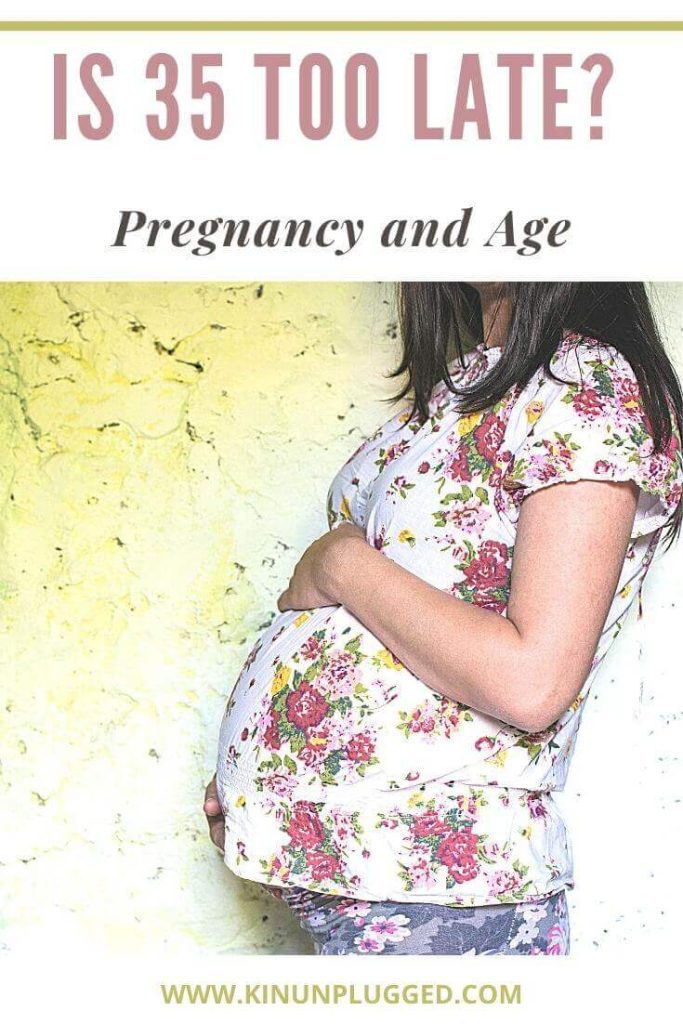

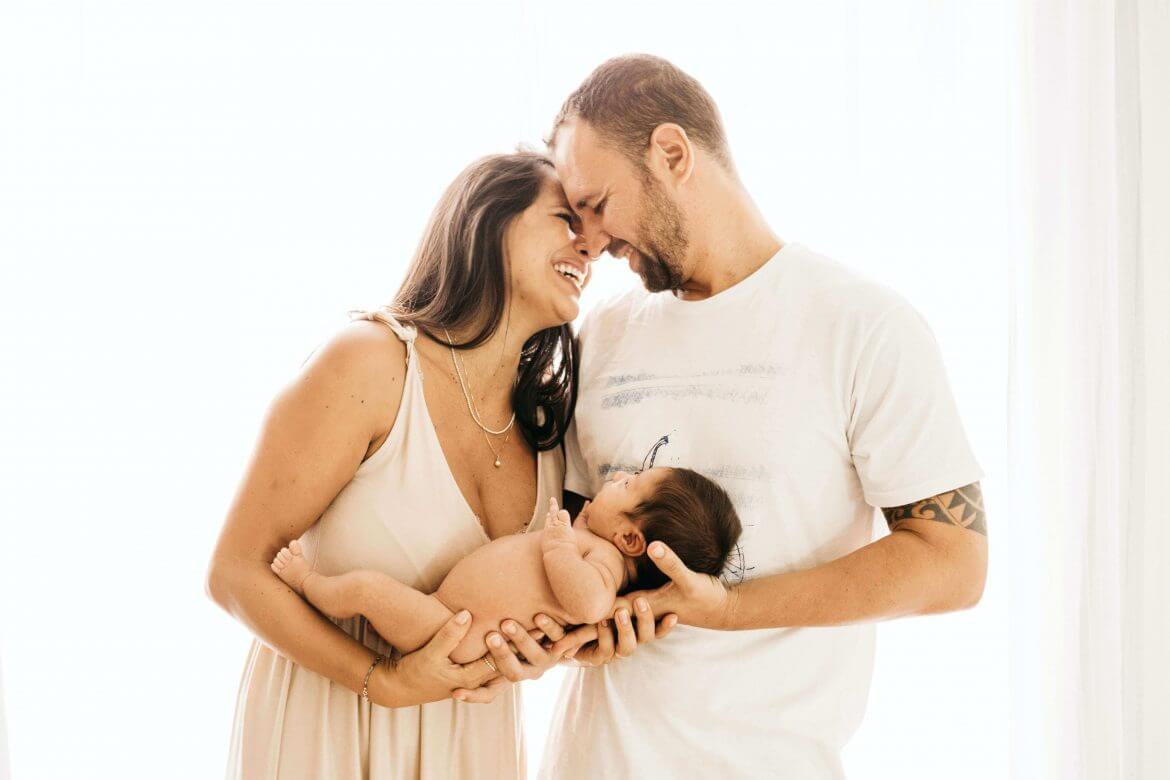
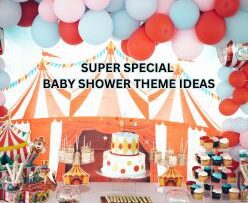
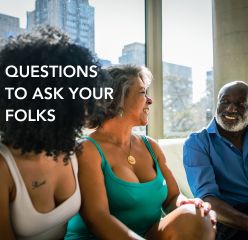
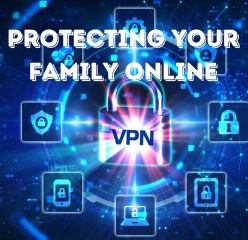
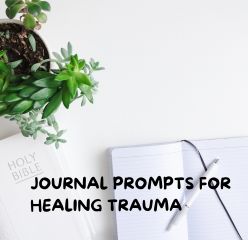
8 Comments
I love this! I’m actually writing a similar guest blog post now. Thanks for the link back to my site!
– Jessica | Babble Mama Babble
Great! I look forward to reading your guest post on the topic too!
I had my first at 29, my second at 30, and will have my last right before my 35th birthday!
Congratulations!! And thank you for stopping by.
I had triplets at 33! I wish I had them when I was a bit younger. I didn’t meet my husband until I was 27, though and then I had fertility issues. But, they are here and I couldn’t be more thrilled…or tired.
whoa 3 was the theme of your year for real that year! Congratulations!
I had mine in my mid-thirties. No way would I have been ready for kids when I thought I wanted them in my twenties!
Thanks for this! I appreciate all the research used!